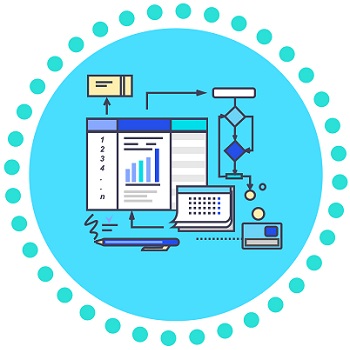

CLAMP is a comprehensive clinical Natural Language Processing (NLP) software that enables recognition and automatic encoding of clinical information in narrative patient reports.

CLAMP components are built on proven methods in many clinical NLP challenges.

Choose From Various Choices of NLP and Machine Learning Components.

Annotate Target Documents, Generate Models, and Process Clinical Notes.

CLAMP components are built on proven methods in many clinical NLP challenges including the I2B2 clinical NER (2009/2010-#2), SHARE/CLEF (2013-#1), SemEval2014 UMLS encoding (#1).
Depending on the task, users can train their own model for the machine learning based components of CLAMP and evaluate custom models using a custom corpus.


Users can import clinical text corpora into the CLAMP workspace and annotate files using the built-in annotation tool that can be utilized in CLAMP projects, both as training and test datasets.
CLAMP allows building the NLP pipelines by offering all the requisite components such as named entity recognition, assertion, UMLS encoder, and component customizations.


All the knowledge resources required for CLAMP components like dictionaries, section header list, or medical abbreviation list are provided along with it.
CLAMP is built on the UIMA framework, and is therefore compatible with other systems such as cTAKES. Further, CLAMP also utilizes the cTAKES’ type system for lower linguistic level annotations.

The CLAMP is a natural language processing (NLP) tool, based on several award-winning methods and applications developed in University of Texas Health Science Center at Houston, School of Biomedical Informatics.
Center for Computational Biomedicine
School of Biomedical Informatics
The University of Texas Health Science Center at Houston
7000 Fannin St, Houston, TX 77030
License Support
Hao Ding - Director of Operations
713-208-8195
Jianfu Li - Research Scientist
713-500-3934